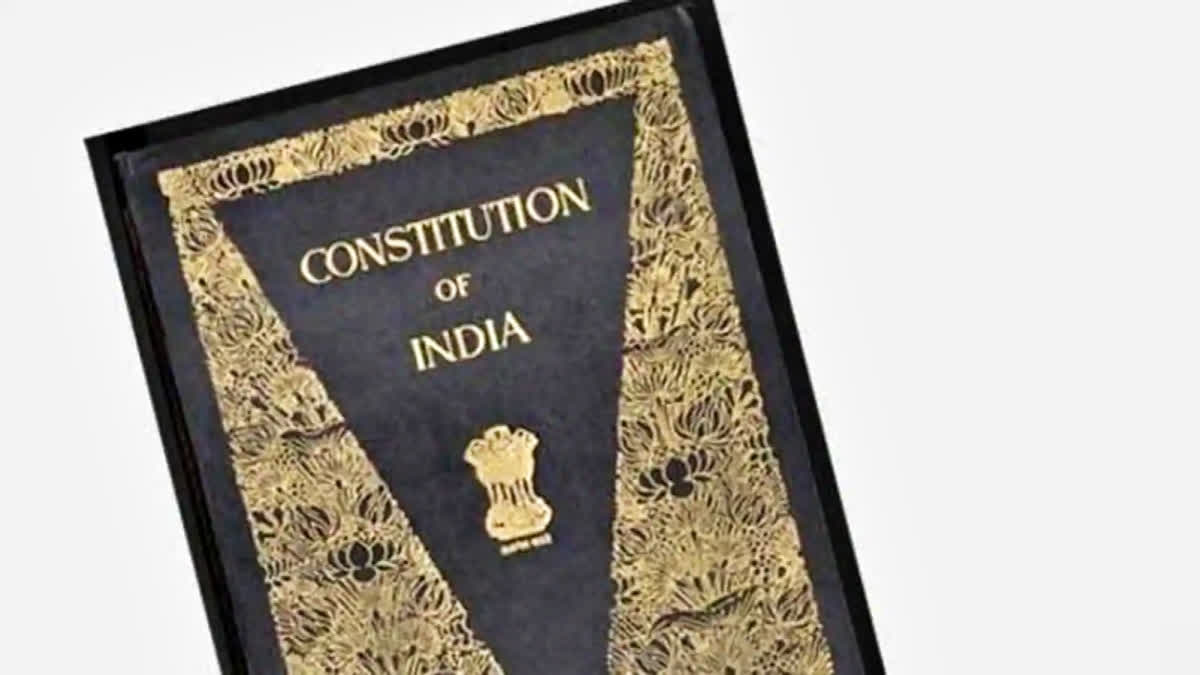New Delhi:India is observing 48 years of imposition of emergency in the country by the government of then Prime Minister Indira Gandhi as she had decided to impose an emergency on the country rather than leave the office as was directed by the Allahabad High Court which found him guilty of misconduct and disqualified her from the Parliament and also barred her from the membership of the House for a period of six years.
The imposition of emergency by Indira Gandhi is considered a dark period in independent India’s history as fundamental rights were suspended and opposition leaders and civil rights activists were put in jail in large numbers and the freedom of the press was curtailed severely. Political parties opposed to the Congress have often used the imposition of emergency by Indira Gandhi in 1975 to question the democratic credentials of the party.
What are emergency provisions in Constitution?
Emergency provisions are discussed in Part XVIII of the Indian Constitution. Under Article 352, the President of India can make a declaration that a 'grave emergency' exists which threatens the security of India or any part of Indian Territory either due to war or external aggression or due to an armed rebellion.
Also read: Dark days of Emergency remain an unforgettable period, says PM Modi
In such a situation, if the President is satisfied, he can proclaim the existence of an emergency in respect of the whole of India or a part of the Indian Territory as may be specified in the Proclamation. An explanation of Article 352 makes it clear that not just the actual existence of a grave emergency due to external aggression, war or an armed rebellion may cause a declaration of emergency, the President of India can also proclaim the emergency before the actual occurrence of war or of any such aggression or rebellion if the President is satisfied that there is imminent danger of these threats.
Sub-clause 4[(2) of Article 352 makes it clear that a Proclamation of Emergency issued by the President may be varied or revoked by a subsequent Proclamation.
How President proclaims Emergency?
Though the proclamation of emergency situation is issued by the President of India but in effect President is a titular head under the constitutional scheme of things and he does not exercise his powers on his own but only on the aid and advice of the council of ministers.
Clause 3 of Article 352 requires that President will not issue a Proclamation or a Proclamation varying such Proclamation unless the decision of the Union Cabinet, that is to say, the Council consisting of the Prime Minister and other Ministers of Cabinet rank appointed under Article 75 of the Constitution, has been communicated to him in writing.
President can issue different Proclamations under different grounds
Article 352 empowers the President to issue different Proclamations of the existence of an emergency situation on different grounds: war, external aggression, armed rebellion, or imminent danger of these threats. It means that if the President has Proclaimed emergency due to imminent danger of war or external aggression or armed rebellion then it can issue another Proclamation of emergency even if the earlier Proclamation of Emergency is in operation.
